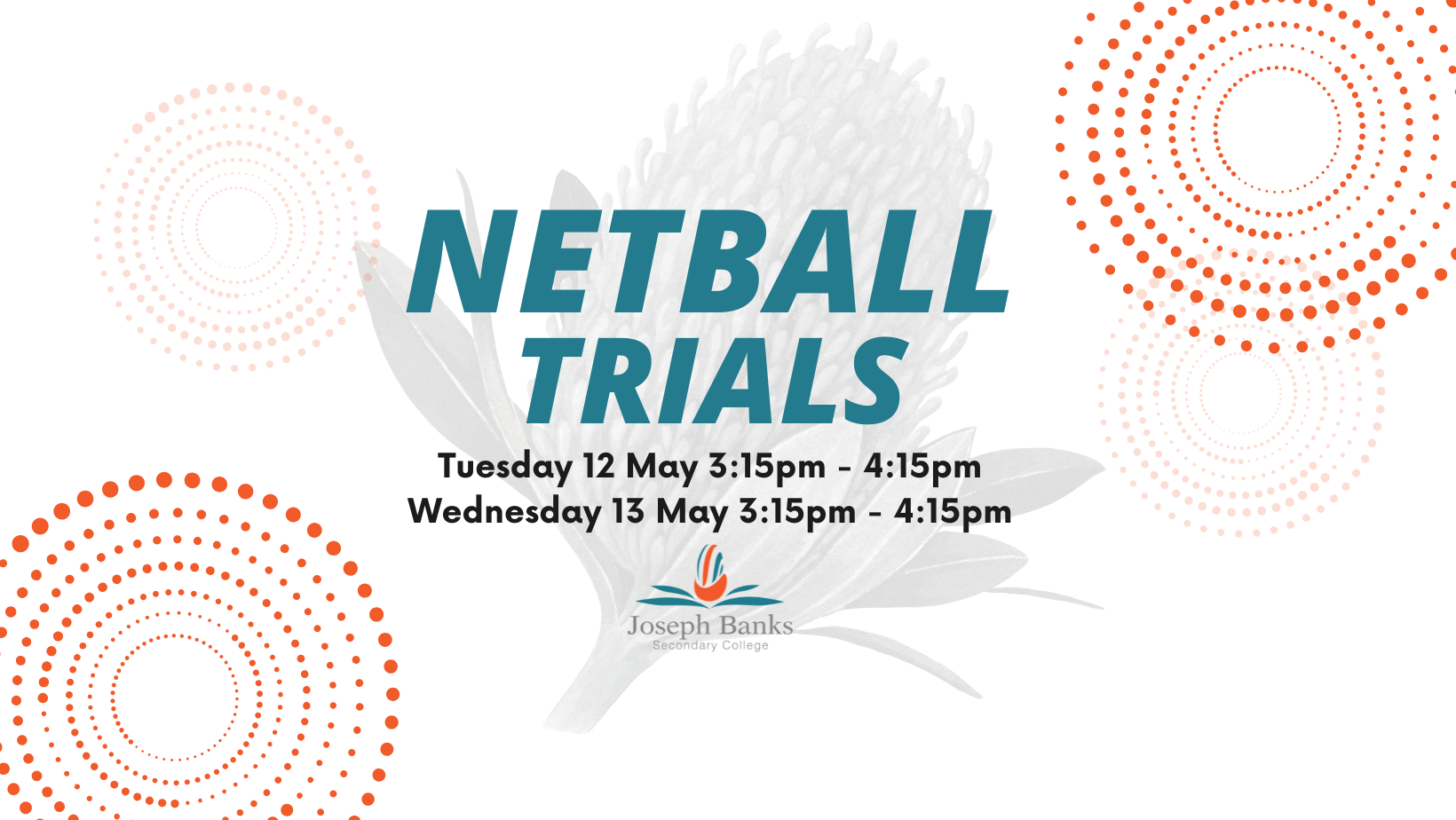Mathematics Essentials (General)
Course Code: GEMAS/GTMAS
Domain: Maths
Timetable: Semester 1 and 2
Length of Course: 2 Years
Unit Information
Mathematics is the study of order, relation and pattern. From its origins in counting and measuring, it has
evolved in highly sophisticated and elegant ways to become the language used to describe much of the
physical world. Statistics is the study of ways of collecting and extracting information from data and of using
that information to describe and make predictions about the behaviour of aspects of the real world in the
face of uncertainty. Together, mathematics and statistics provide a framework for thinking and a means of
communication that is powerful, logical, concise and precise.
The Mathematics Essential General course focuses on enabling students to use mathematics effectively,
efficiently and critically to make informed decisions in their daily lives. It provides students with the
mathematical knowledge, skills and understanding to solve problems in real contexts for a range of
workplace, personal, further learning and community settings. This course offers students the opportunity to
prepare for post-school options of employment and further training.
For all content areas of the Mathematics Essential General course, the proficiency strands of understanding,
fluency, problem solving and reasoning from the Year 7–10 curriculum continue to be very much applicable
and should be inherent in students’ learning of the course. Each of these is essential and mutually
reinforcing. For all content areas, practice, together with a focus on understanding, allows students to
develop fluency in their skills. Students will encounter opportunities for problem solving, such as finding the
interest on a sum of money to enable comparison between different types of loans. In the Mathematics
Essential General course, reasoning includes critically interpreting and analysing information represented
through graphs, tables and other statistical representations to make informed decisions. The ability to
transfer mathematical skills between contexts is a vital part of learning in this course. For example,
familiarity with the concept of a rate enables students to solve a wide range of practical problems, such as
fuel consumption, travel times, interest payments, taxation, and population growth.
The content of the Mathematics Essential General course is designed to be taught within contexts that are
relevant to the needs of the particular student cohort. The skills and understandings developed throughout
the course will be further enhanced and reinforced through presentation related to areas encountered in
vocational education and training (VET), apprenticeships, traineeships or employment.
Year 11
Unit One
This unit provides students with the mathematical skills and understanding to solve problems relating to
calculations, applications of measurement, the use of formulas to find an unknown quantity and the
interpretation of graphs. Throughout this unit, students use the mathematical thinking process. This process
should be explicitly taught in conjunction with the unit content. Teachers are advised to apply the content of
the four topics in this unit: Basic calculations, percentages and rates; Algebra; Measurement; and Graphs, in
contexts which are meaningful and of interest to their students. Possible contexts for this unit are Earning
and managing money and Nutrition and health.
The number formats for the unit are whole numbers, decimals, common fractions, common percentages,
square and cubic numbers written with powers.
Unit Two
This unit provides students with the mathematical skills and understanding to solve problems related to
representing and comparing data, percentages, rates and ratios and time and motion. Students further
develop the use of the mathematical thinking process and apply the statistical investigation process. The
statistical investigation process should be explicitly taught in conjunction with the statistical content within
this unit. Teachers are advised to apply the content of the four topics in this unit: Representing and
comparing data; Percentages; Rates and ratios; and Time and motion, in a context which is meaningful and
of interest to their students. Possible contexts for this unit are Transport and Independent living.
The number formats for the unit are whole numbers, decimals, fractions and percentages, rates and ratios.
Year 12
Unit Three
This unit provides students with the mathematical skills and understanding to solve problems related to
measurement, scales, plans and models, drawing and interpreting graphs and data collection. Students use
the mathematical thinking process and apply the statistical investigation process. Teachers are encouraged
to apply the content of the four topics in this unit: Measurement; Scales, plans and models; Graphs in
practical situations; and Data collection, in a context which is meaningful and of interest to the students. A
variety of approaches could be used to achieve this purpose. Possible contexts for this unit are Construction
and design, and Medicine.
The number formats for the unit are positive and negative numbers, decimals, fractions, percentages, rates,
ratios, square and cubic numbers written with powers and square roots.
Unit Four
This unit provides students with the mathematical skills and understanding to solve problems related to
probability, earth geometry and time zones, loans and compound interest. Students use the mathematical
thinking process and apply the statistical investigation process to solve problems involving probability.
Teachers are advised to apply the content of the three topics in this unit: Probability and relative
frequencies; Earth geometry and time zones; and Loans and compound interest, in a context which is
meaningful and of interest to the students. Possible contexts for this unit are Finance, and Travel.
The number formats for the unit are positive and negative numbers, decimals, fractions, percentages, rates,
ratios and numbers expressed with integer powers.
Pathway Information
Tertiary
Workforce
Students undertaking this course may wish to consider tertiary studies in:
- Bachelor of Science
- Bachelor of Commerce
- Apprenticeships
- TAFE courses
This course suits direct workforce entry into the following:
- Laboratory Worker
- Insurance Agent
Additional Information
Estimated Charges: $60 per year





